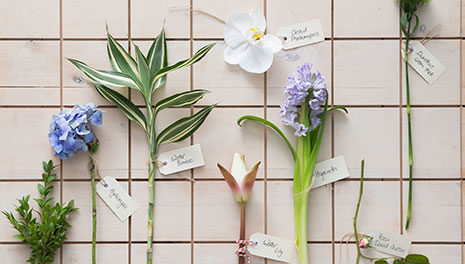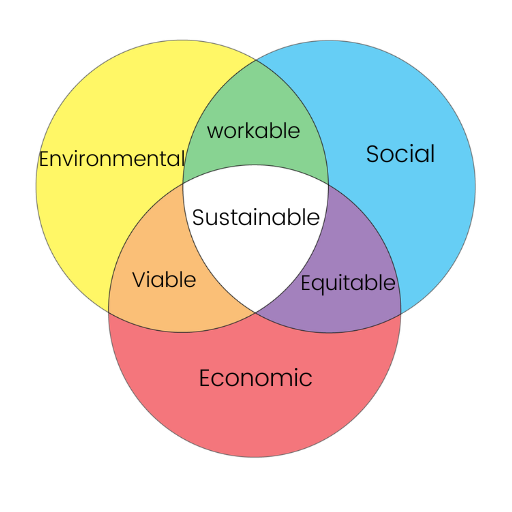Blog
Sustainability in the Floristry Industry

Sustainability within the floristry industry is starting to gain some real traction. From ditching harmful floral foam to sourcing local flowers to cut down on travel emissions, florists can make a big impact.
Bloom’s philosophies on sustainability within the floristry industry are clear:
- We are passionate about sourcing local botanical materials and using sundry materials with a low environmental impact
- We do not use floral foam unless it is absolutely necessary
- Where possible, we support organisations and charities that assist the communities of developing nations
- We purchase items from these communities, such as hand made products which ensure the profits go directly into helping the community
It is a little known fact within the general public that often flowers purchased and consumed in Australia are imported from overseas. These flowers come from as far away as Africa and South America. There can be many unethical issues with this practice, both environmentally and also from a humanitarian standpoint.
Some developing nations produce high volume, mass-produced botanicals. Often this comes at a cost to both the environment and the treatment of those employed at these workplaces. The lack of environmental protection laws and regulated work conditions in these countries lead to devastating consequences for some communities.
Environmental issues caused by some farms include devastation to local waterways and soils due to pollutant and chemical run-off from the flower farms. This can affect the sources of water used for drinking, bathing, cooking, and agriculture in the communities, affecting the community’s health and the biodiversity of the area.
In addition to the humanitarian perspective, the poor working conditions these flower farm workers experience can be horrendous. They can be forced to work long hours in unsafe conditions, for little pay, and are sometimes subjected to physical or sexual abuse. It’s so important to be aware of this issue and to consider where your flowers are coming from, how far they have travelled, and the potentially high price paid by others for these flowers to be sold at a low cost to the consumer. We also acknowledge this is not the case for all flower farms and there are some ethically conscious operators.
Australia, UK, USA, Canada, New Zealand and many other nations, have an emerging group of wonderful growers of beautiful botanicals. Especially those fortunate enough to have a continent that spans through many different climate zones. These different climates enable local growers to cultivate varieties that thrive in cold, temperate, dry or tropical climates.
We recommend that you start to make yourself familiar with your local growers, within your area, including their seasonal varieties and growing practices, so you can better understand the growing process. With more understanding, education, and awareness, sustainability and ethical issues can be recognised and better dealt with.
To understand sustainability more thoroughly, and how it relates to floristry, let’s look at how it is categorised. Sustainability is divided into three categories: environmental, social, and economic. Let’s have a look at the considerations to take into account with each.
Environmental
- Transportation
- Pesticides
- Water usage – for the growing process, and storage and handling for the florist
- Land usage – for the growing of botanicals, and effects on local biodiversity
- Electricity usage – for running cool rooms, refrigerated transportation and where that electricity is generated
Social
- Human rights and safe working conditions for workers in developing nations
- Social responsibility of consumers
- Liveability concerns for some communities that are reliant on this industry
- Health equity for those involved in the growing of botanicals
Economic
- Cost effective energy bills
- Competitive but profitable supply chains
- Re-use of non perishable products
This theory is effectively detailed by the following Venn diagram:

sustainability in floristry
Sustainability is relevant to each of us, both in a local sense and also when looking at it from a global perspective. It is important to make educated choices for creating and maintaining sustainable practices within your workplace and as much as at home.
From a floristry perspective, you can do this by researching online products, growers, materials, botanicals, organisations, and charities that you can support and learn from.
We also teach sustainable practices extensively in our Bloom College Career Change Course. It’s so important to kickstart a career in floristry with the knowledge required to build and maintain a sustainable business. If you’re not sure if this course is the right one for you, get in touch! We’re more than happy to answer any questions so you feel 100% confident in your floristry path.